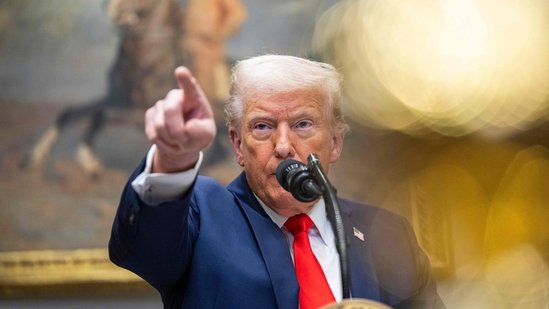Introduction
The Trump administration is weighing the possibility of freezing $510 million in research grants allocated to Brown University. This move is part of a broader review of federal funding to Ivy League schools. Officials cite concerns over compliance, accountability, and alignment with national priorities.
Concerns Driving the Funding Freeze
Administration officials argue that some federally funded programs at Brown lack transparency. They also question whether certain research aligns with U.S. interests. According to them, taxpayer money must support measurable and meaningful outcomes. These concerns have led to a deeper review of ongoing funding.
Impact on Academic and Research Programs
If the freeze takes place, several research projects could face delays or termination. This would affect areas such as climate science, public health, and technology. Many graduate students and researchers rely on this funding. They now face uncertainty and potential disruption to their academic progress.
Political Reactions and Institutional Response
Brown University has pushed back, stating its commitment to federal standards. University officials warn that cutting funds could damage independent research and academic freedom. Several lawmakers and educational advocacy groups have also criticized the move, calling it politically motivated.

Potential Legal and Policy Consequences
Legal experts suggest the decision could face court challenges. Freezing such a large sum without clear legal grounds may set a troubling precedent. It might also prompt other universities to reassess their reliance on federal support.
The proposal to freeze $510 million in grants to Brown University adds to a growing tension between the government and academic institutions. While the administration calls it necessary oversight, critics worry it will stifle research and limit innovation. The final decision remains pending.



